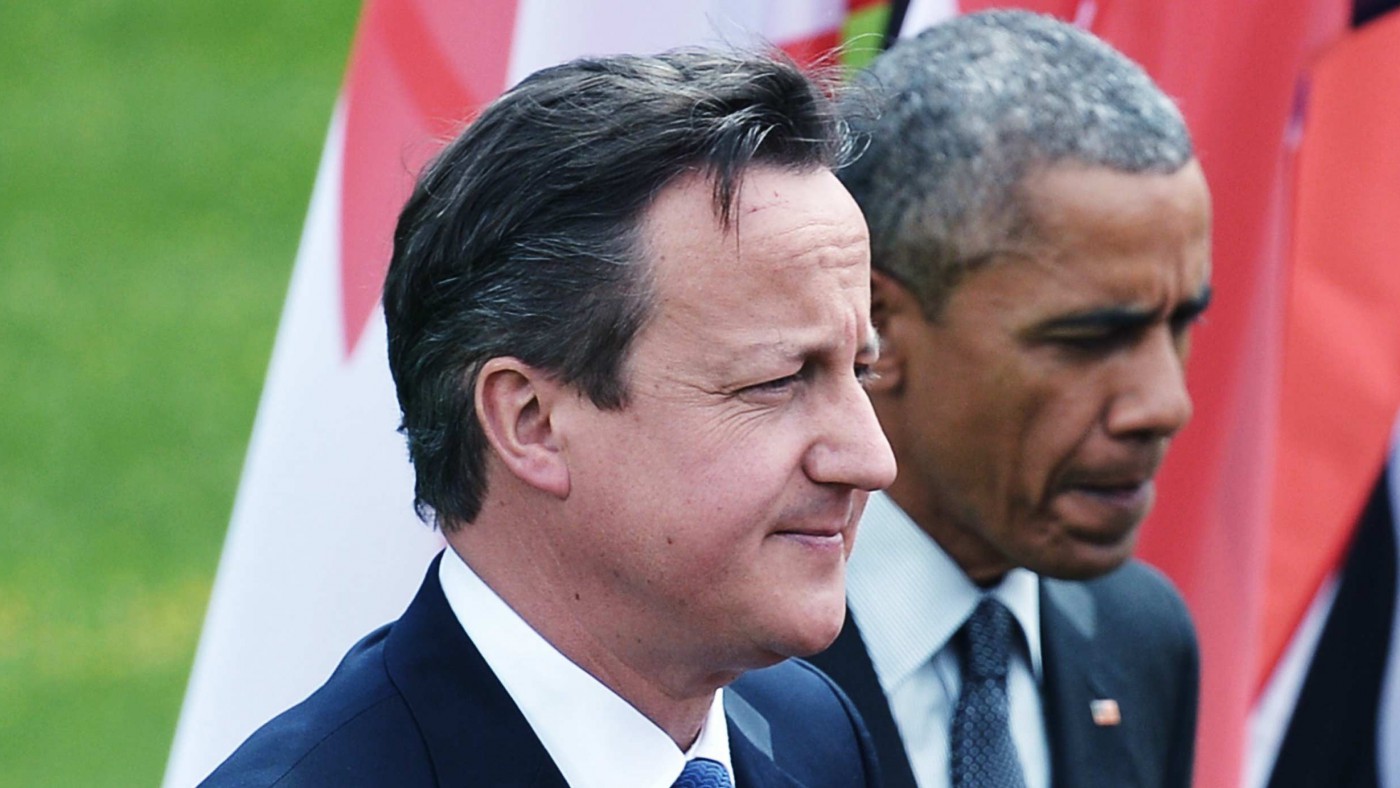If British voters thought they could count on American support no matter what, they are in for a nasty surprise from the Obama administration.
Advocates of a British exit – or ‘Brexit’ – from the EU were dealt a sharp blow at the end of last month, as Obama trade czar Michael Froman claimed that a free trade agreement between the United States and UK was off the table if British voters decide to leave the EU in 2017. That means that outside the EU, America’s closest international partner would face the same trade barriers and tariffs in the United States as China or Brazil. Mr. Froman told Reuters:
“We’re not particularly in the market for [free trade agreements] with individual countries. We’re building platforms … that other countries can join over time … We have no [free trade agreement] with the UK so they would be subject to the same tariffs – and other trade-related measures – as China, or Brazil or India.”
The comments bit into the heart of the EU debate in Britain, where Brexit proponents have long argued that leaving the EU would allow London to negotiate trade agreements independently with large countries such as India and the United States.
Unfortunately, comments like these have become characteristic of the White House’s ‘nothing special’ approach to the US-UK ‘special relationship.’ They are the latest in a long line of snubs and gaffes that have marred what should be a friendly and cooperative partnership.
The President has never been an Anglophile. When he first took office in 2009, President Obama caused considerable uproar by removing a famous bust of Winston Churchill from the Oval Office. The bust had been sent to the White House after September 11 as a sign of solidarity, and its return was widely regarded as a snub on both sides of the Atlantic. Perhaps worst of all was the total bungling of Prime Minster Gordon Brown’s state visit in 2009, where the President was reportedly ‘too tired’ to give a proper welcome to his counterpart. He was, of course, preoccupied with the more mundane task of achieving universal healthcare, a green energy revolution, and passing the largest budget in American history all in the first 50 days of his presidency. This did nothing to sour the Prime Minister’s manners, however, as he presented the President with a very meaningful token; a pen holder carved from the planks of a ship that helped combat slavery – the sister of the ship whose wood was used to build the White House’s Oval Office desk. The President handed him a box of DVDs.
When asked by The Sunday Telegraph for an explanation of the whole affair, an anonymous State Department official revealed what many in the administration were really thinking:
“There’s nothing special about Britain. You’re just the same as the other 190 countries in the world. You shouldn’t expect special treatment.”
Yet there is still hope. After all, Trade Representative Froman’s threats against the British electorate come with an expiration date: the United States will have a new President in January of 2017. Indeed, prominent presidential contender Jeb Bush assured Breitbart last Thursday that the United States should not be attempting to bully an ally such as the UK. As President, Bush promised the U.S. would work with Britain on a trade agreement should voters reject the European Union.
But, as Nile Gardiner wrote in a CapX exclusive last week, a future Republican presidency may not be the only option, and there may be a way around Obama even now:
“Regardless of which side wins the White House in 2016, there would be significant momentum for a trade deal emanating from a Republican-controlled Congress. At present, the Republicans have majorities in both the Senate and House of Representatives. Any trade deal would ultimately require the approval of Congress before being implemented.”
Fittingly, the bust of Winston Churchill – so unceremoniously booted from the White House in 2009 – has not been abandoned by the United States outright. Mr. Gardiner will note with satisfaction that it has been welcomed back to Washington, in the care of those more committed to the special relationship it represents: Churchill now occupies a place of honor in Congress, in the U.S. Capitol.
It seems that while the President is content to drop the ball in diplomacy, there are still those in Washington who care. It is time for them to lead the way.


